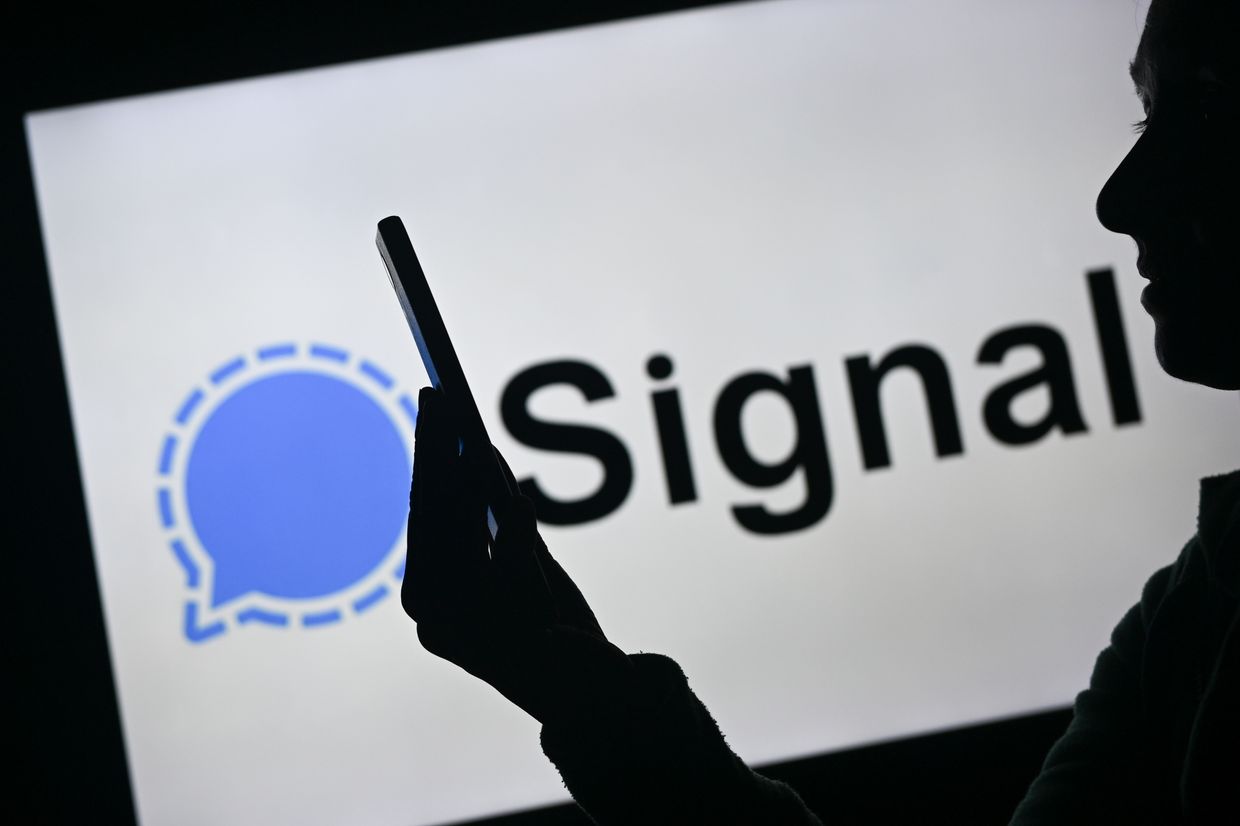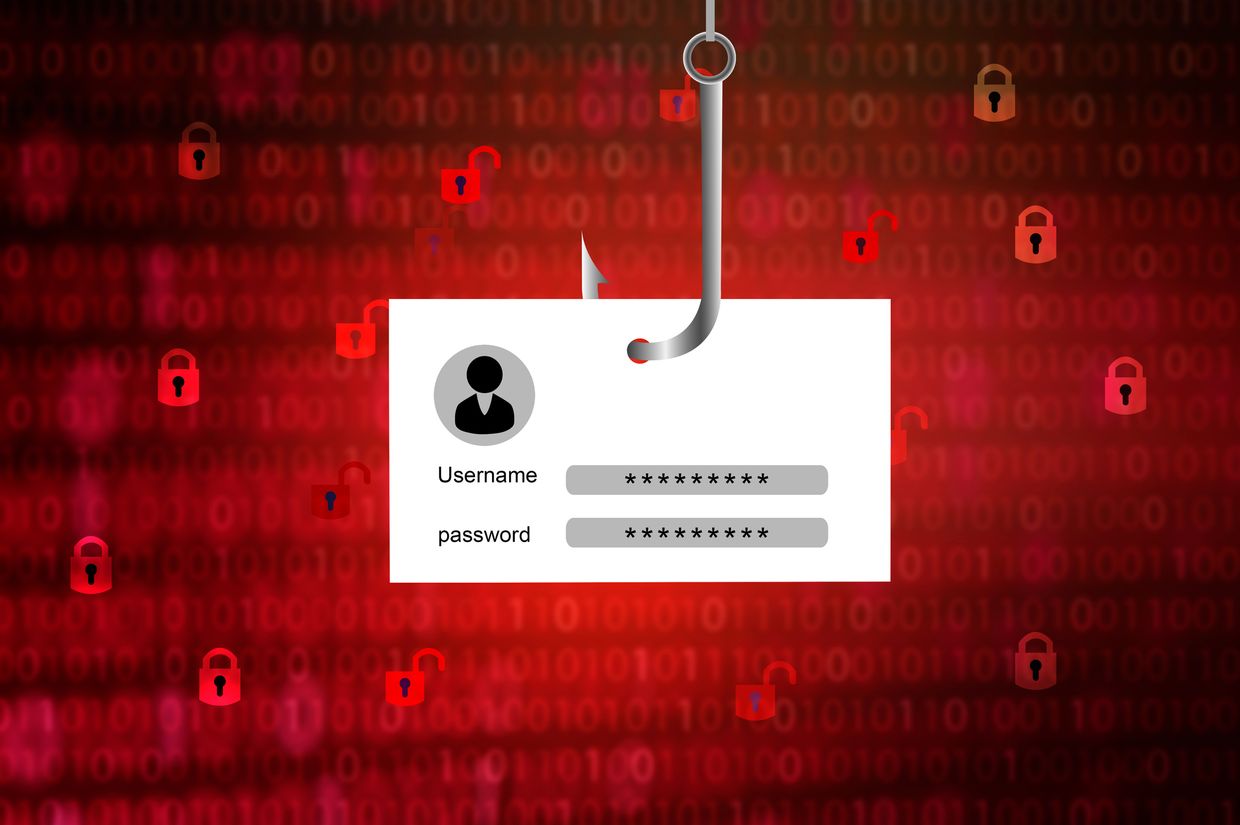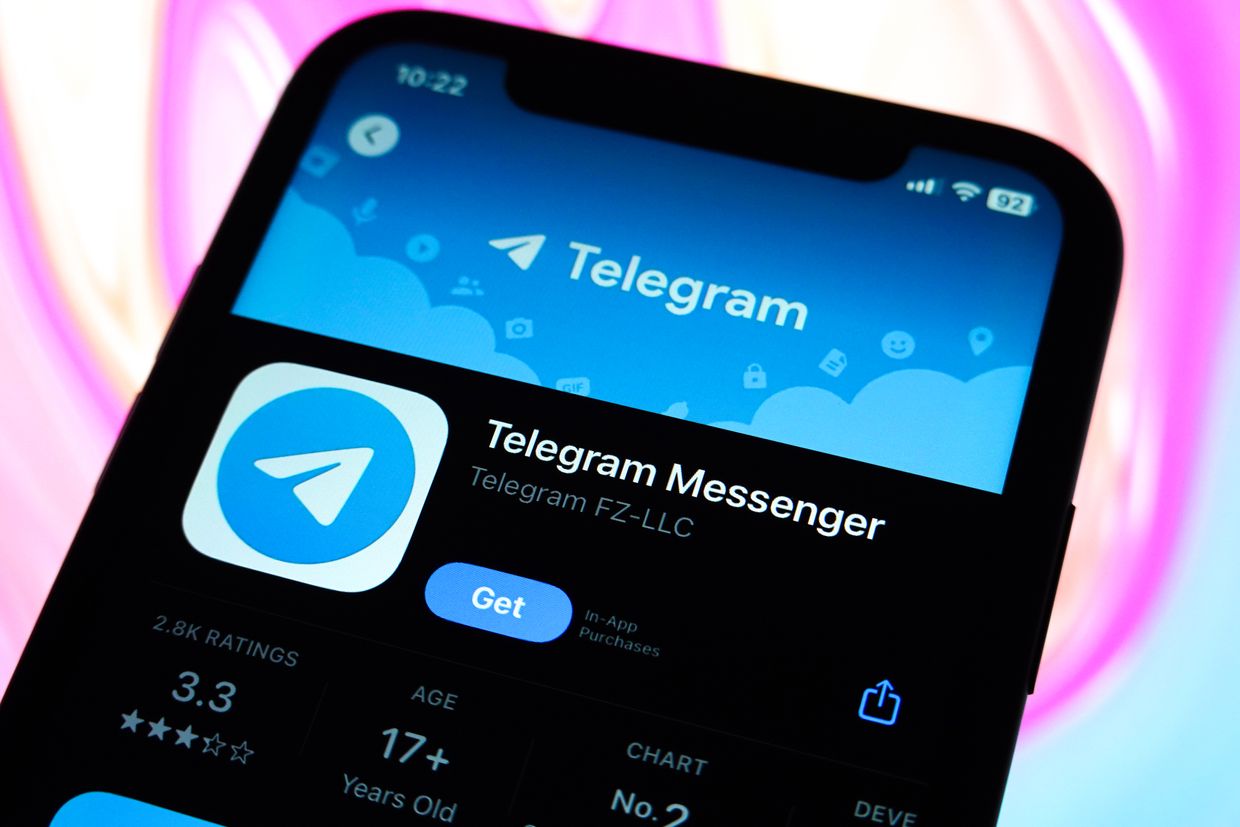Russian users on Aug. 21 reported widespread outages of Telegram and WhatsApp messengers, the VKontakte social network, and many other websites and apps.
Although Russian authorities linked the problems to a cyberattack, the news follows the Russian government restricting the Signal messaging app and – reportedly – YouTube.
The most recent outages also affected Wikipedia, Yandex, the Steam video game distribution service, the Twitch streaming service, Skype, the Discord social network, mobile operators and providers, government websites, and more.
The Downdecetor service recorded a spike in outages on Aug. 21, though the number of complaints for sites like Telegram and WhatsApp has dropped as of 3:30 p.m. local time.
Roskomnadzor, the Russian federal censorship agency, blamed the problems on a large-scale DDoS attack and claimed that it had been repelled as of 3 p.m.
According to the Kyiv Independent's sources, Ukraine's military intelligence (HUR) has launched a number of DDoS attacks against Russia, most recently in late July. The agency has not claimed responsibility for the most recent outages in Russia.
Telegram and WhatsApp were the first services to encounter problems on Aug. 21.
According to comments on the Downdetector website, Telegram also experienced outages in Kazakhstan and Uzbekistan. Problems with WhatsApp were recorded only by Russian users. Some said that the services become accessible when using a virtual private network (VPN).

Mikhail Klimarev, director of the anti-censorship NGO Internet Protection Society, commented that a DDoS attack on "all operators in Russia" would not be possible.
"And how can we explain that messengers and several other services crashed, while the rest (including VPN, by the way) remained operational?" Klimarev asked.
Instead, the expert suggested that Russian authorities are attempting to block the messeging apps. He explained the outages in Central Asian states by pointing out that network transit to these countries goes through Russia.
Telegram was founded by Russian-born businessman Pavel Durov and his brother Nikolai, but the company is headquartered in the United Arab Emirates. WhatsApp, co-founded by Ukrainian entrepreneur Jan Koum, is owned by Meta.
These services are among the remaining platforms for Russian citizens to avoid government censorship amid an increasingly harsh crackdown on information space.
The efforts to suppress the freedom of speech, particularly regarding information that contradicts its narratives about the full-scale war, has intensified since 2022.
After Roskomnadzor moved to block Signal due to alleged "violations of Russian law," rumors emerged about plans to block WhatsApp as well.
Meanwhile, YouTube has begun experiencing massive outages following reports that the Russian government is planning to block the site completely in September.














